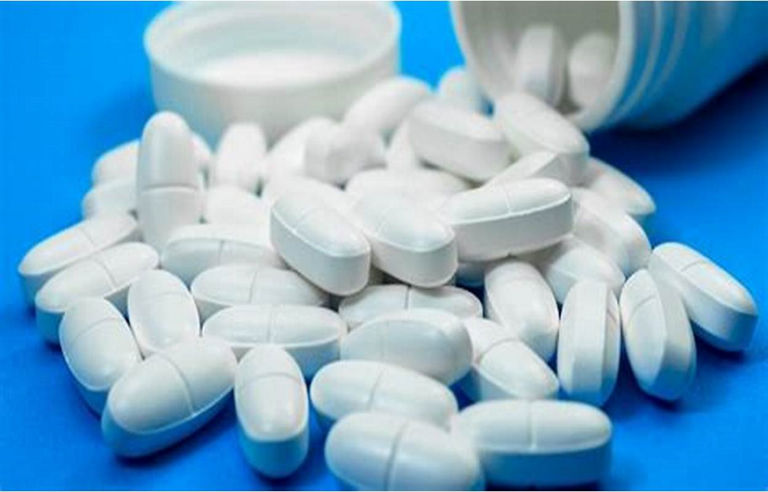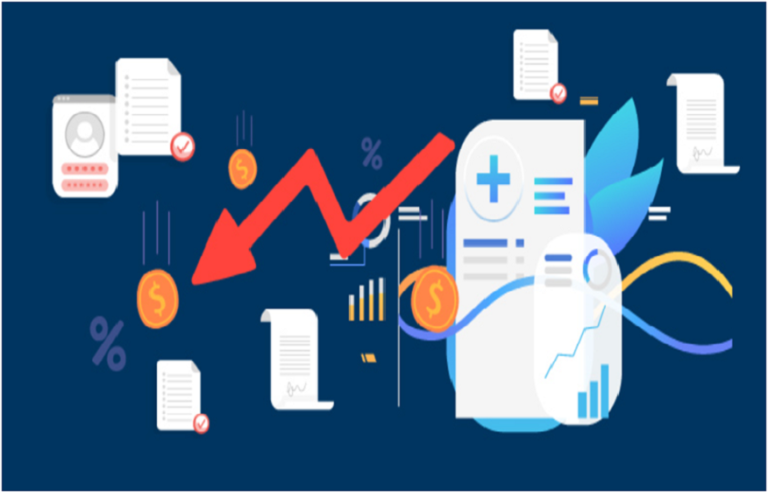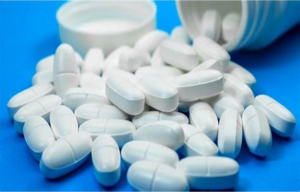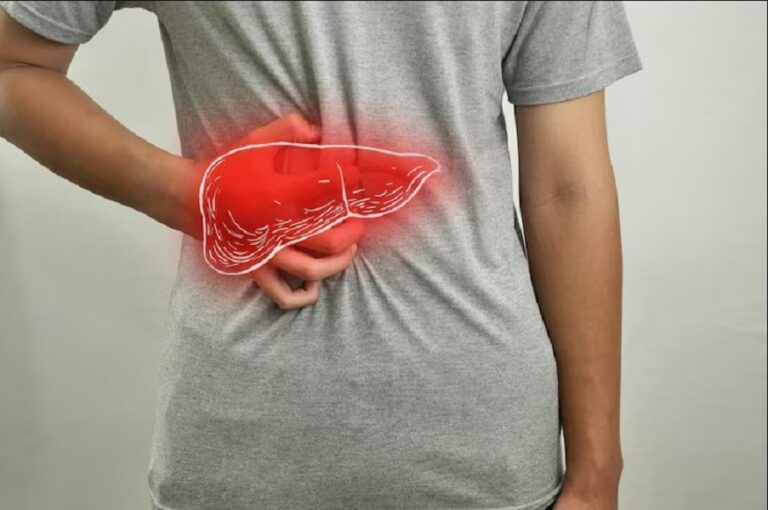Fatty liver disease is one of the most prevalent health conditions that has been increasing and is steadily rising to the top of the global health concern list. It begins in the body, frequently without any noticeable symptoms, and can gradually worsen into a catastrophic liver disease. Chronic inflammation is a low-intensity, persistent immune reaction that injures liver cells over time and is a key component that exacerbates this disease.
Understanding the connection between inflammation and fatty liver disease and implementing essential liver care tips, you can prevent future liver-related issues. Now, let’s see how chronic inflammation worsens fatty liver disease.
What Should You Know About Fatty Liver Disease?
Fatty liver disease occurs when fat is stored in the liver cells, and these deposits restrict the liver’s ability to perform normally. A liver is considered fatty when the fat content in it is more than 5 to 10% of its weight. There are two primary types of this condition:
- Alcoholic Fatty Liver Disease (AFLD): It’s brought on by excessive alcohol consumption.
- Non-Alcoholic Fatty Liver Disease (NAFLD): While primarily associated with obesity, poor diet, or metabolic issues, NAFLD can develop in moderate to non-drinkers.
At this point, fat in the liver can progress to scar tissue, replacing liver cells, and lead to very serious disorders such as cirrhosis, fibrosis, or NASH (non-alcoholic steatohepatitis).
Is Chronic Inflammation A Sign of Fatty Liver Disease?
Yes, chronic inflammation is an indicator and driver for fatty liver disease development. When the fat is overloaded in the liver, it triggers the immune system. The body tries to shield the liver with inflammation cells, but long-term inflammation kills normal tissues instead.
For NASH, the inflammation intensifies and becomes severe. The immune system continues to attack the liver cells, leading to scarring (fibrosis) and potentially liver cirrhosis. This persistent inflammation will raise the risk of major liver diseases such as hepatocellular carcinoma as the years go by.
Put simply, inflammation is a smoldering fire in the liver at first, but eventually destroys the liver’s function and structure.
How Is Chronic Inflammation from Fatty Liver Treated?
First, the treatments for the chronic inflammation in your liver usually target lifestyle, diet, and other existing health issues. However, steady lifestyle changes can gradually reverse the condition and lower the inflammation.
Maintain Your Blood Sugar and Cholesterol
If you are a diabetic or have high cholesterol, you have to take an immediate approach to managing them. Follow the doctor’s advice from the best liver hospital in Coimbatore regarding medicines and diet that need to be altered to prevent further liver damage.
Maintain a Healthy Weight
If you are obese, dropping weight at a slow rate, like 1 to 2 pounds per week, will help decrease fat in the liver, and the inflammation will diminish over time. Avoid crash diets, as rapid weight loss can actually aggravate liver inflammation.
Get Physically Active
Exercise increases metabolism, reduces fat accumulation, and enhances insulin sensitivity. You should aim for regular moderate aerobic exercise, such as brisk walking or cycling every day, with strength training twice weekly.
Adopt a Liver-Friendly Diet
To regulate inflammation and fat accumulation, your body needs a balanced diet of whole foods, good fats, lean protein, and water, as well as the elimination of trans fats and refined sugars.
Avoid Alcohol and Smoking
The inflammation in the liver worsens with even the very smallest amount of alcohol. Additionally, smoking oxidizes and inhibits liver healing.
Medical Supervision and Regular Monitoring
It’s very important to visit a liver specialist for the best fatty liver treatment in Coimbatore for accurate diagnosis and follow-up. Your doctors might recommend an ultrasound, blood tests, or a liver biopsy to find out how much inflammation is present and how well your liver is functioning. They could also prescribe medications to reduce inflammation.
Conclusion
Chronic inflammation is not only a symptom; it is an important indicator of fatty liver disease. When inflammation occurs repeatedly, it initiates a sequence of destruction of liver cells, fibrosis, and liver dysfunction. Fortunately, this process can often be reversible with prompt interventions, lifestyle changes, and early treatment.
Understanding the relationship between inflammation and fatty liver disease helps take preventive actions, such as clean eating, physical activity, and managing metabolic conditions effectively. Getting inflammation under control is a step toward liver health as well as overall health.











+ There are no comments
Add yours